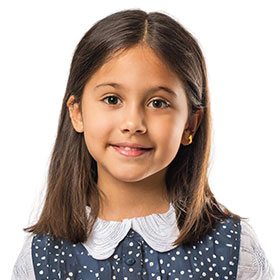Quality Early Education
With A Caring & Creative Curriculum
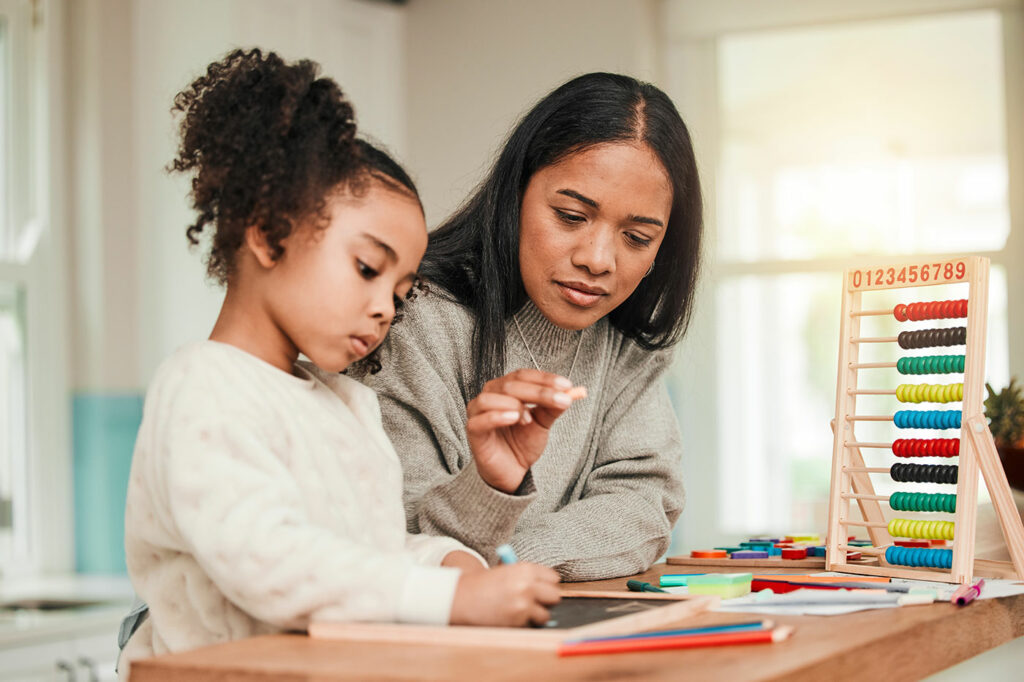
Quality Early Education
With A Caring & Creative Curriculum
Academic Basics Get Them Ready For School
The curriculum incorporates philosophies of the Montessori, Reggio Emilia, Waldorf, and play-based approaches to learning and is inspired by the Creative Curriculum®. Each stage focuses on school readiness and presents content in developmentally appropriate, fun, and creative ways.
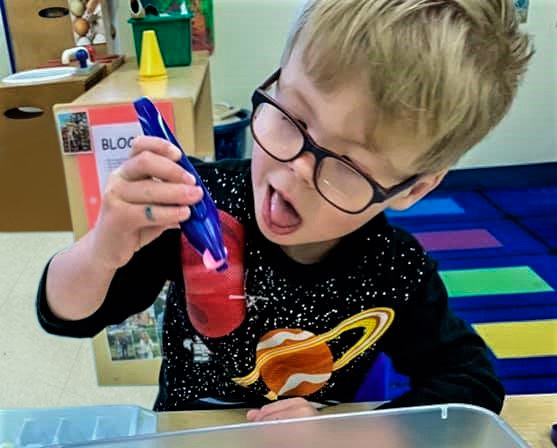
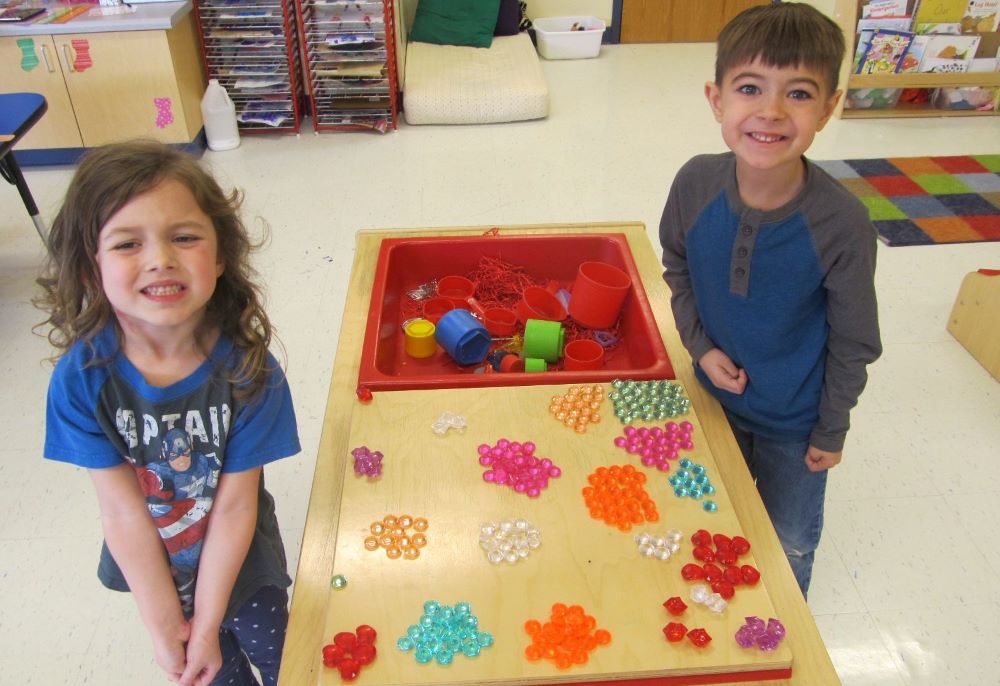
Our Introduction To Math Includes:
- Counting
- Number recognition
- Patterns
- Problem-solving
- Using blocks to learn measurement, size, weight, and number concepts
Our Pre-Reading Program Includes:
- Letter recognition
- Sound recognition and phonetics
- Journaling activities
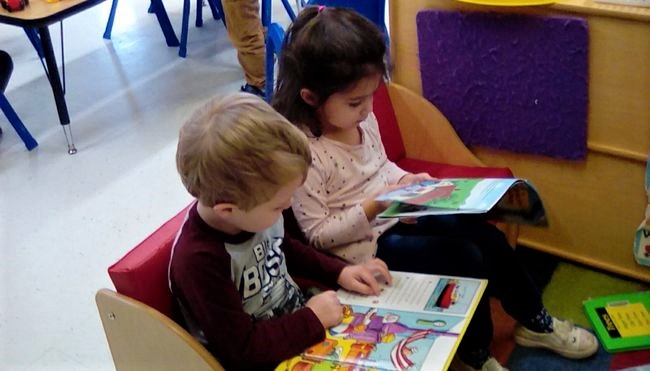

Our Introduction To Science Includes:
- Exploration
- Observation
- Nature collecting
- Hands-on experiments with magnets, magnifiers, sand, water, and more
Arts Education Inspires Cooperation & Creativity
Visual and creative arts promote self-expression, self-esteem, and respect for others. Our dynamic curriculum introduces students to all aspects of art equally with academics. Some arts features include:
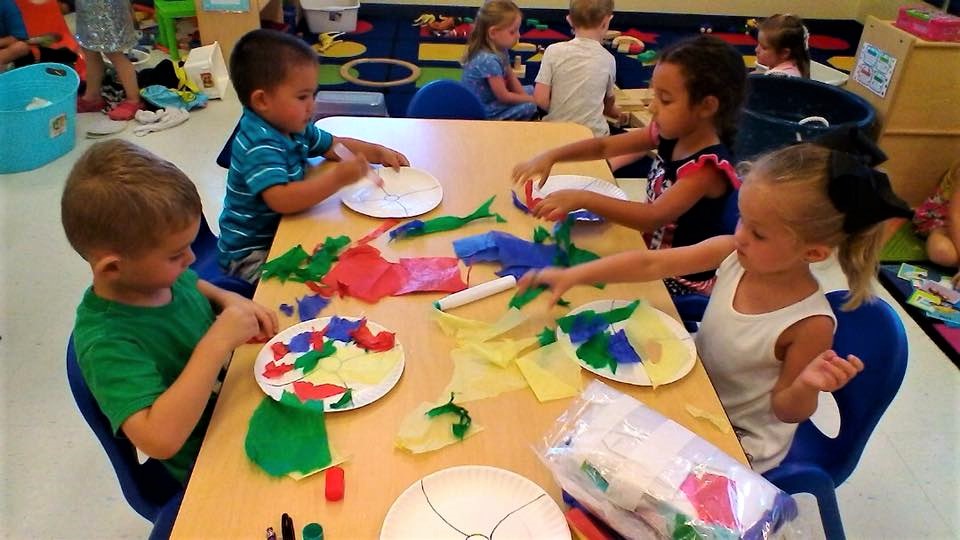
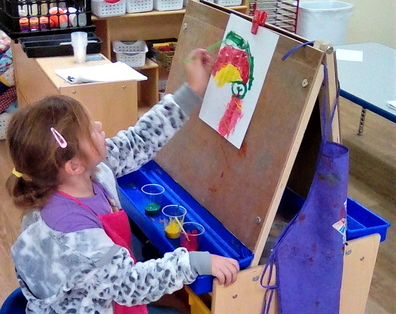
Visual Art
Children create by touching, feeling, tearing, pasting, bending, cutting, pounding, shaping, and more. They develop a feel for forms, balance, line, color, and shape and gain practice in problem-solving. Your child also:
- Learns about relationships
- Sharpens their powers of observation
- Begins the process of logical thinking
- Develops motor skills
Music
Music is full of opportunities for learning and exploring. Children test their vocal and kinesthetic abilities, experiment with sound and rhythm, gain spatial awareness, engage in active listening, and learn to enjoy participation.
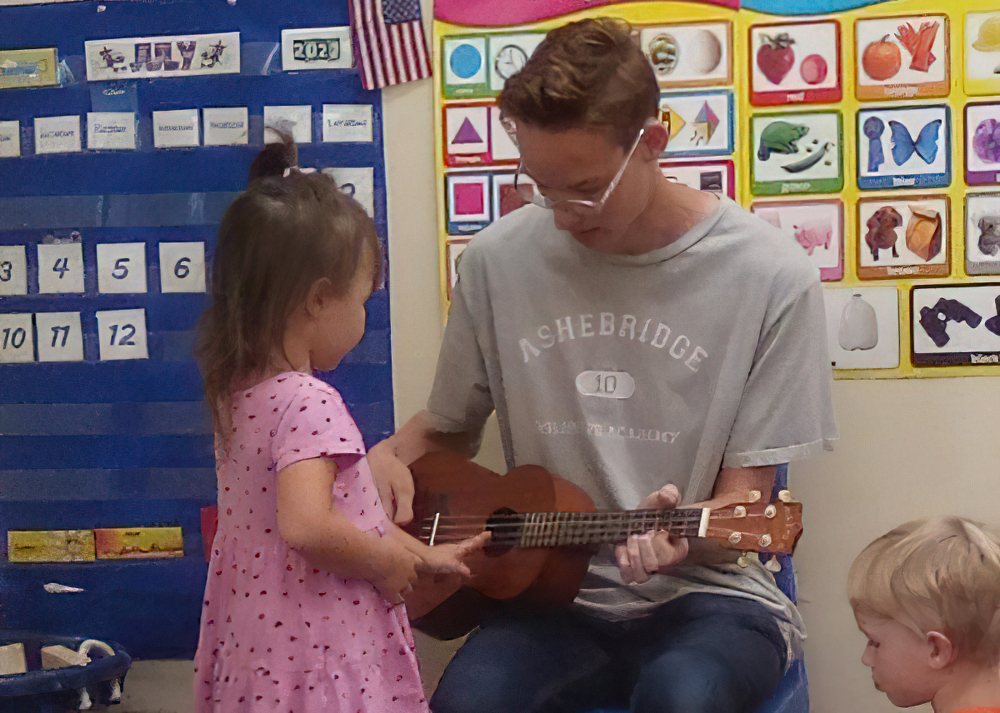

Dress Up & Dramatic Play
Dress-up clothes, props, and child-sized furniture invite children to make-believe. They try new careers, learn to share, make friends, and express different emotions. Children also learn life skills like turning knobs on and off or buttoning and zipping clothes.
Vibrant Learning Centers Turn Work Into Play
Learning centers invite children to explore, use their imaginations, and construct their own knowledge. Teachers act as guides who listen to ideas, applaud progress, and motivate children to envision and think in new ways.
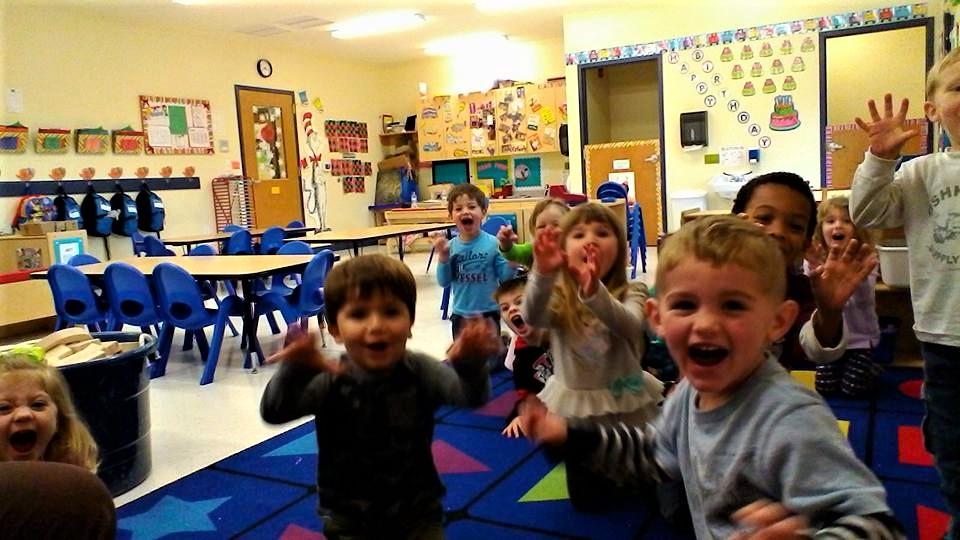

Child-Initiated Play Partnered With Teacher-Directed Learning
Classroom schedules allow children to engage in child-directed activities and playing and participate in teacher-led group activities. This combination very naturally builds social skills such as:
- Sharing
- Listening
- Communicating
- Cooperation
Circle Time Starts Each Day The Right Way
Circle time brings each class together as a community and starts each day with meaningful experiences like storytelling, singing songs, show and tell, and matching games. Children learn to express their ideas, associate written and spoken words, and discover their world.

how old is your child?
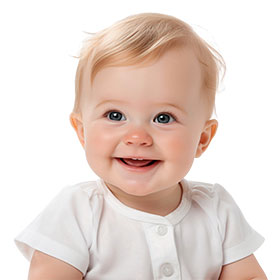
Infant
6 weeks - 1 year

Toddler
1 - 2 years
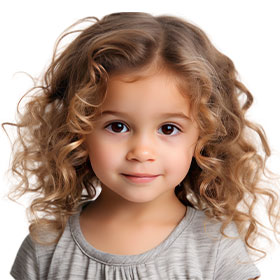
Early Age Preschool
2 - 3 years
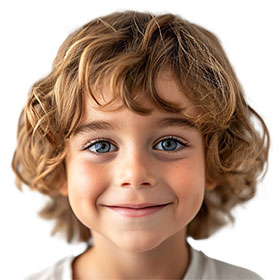
Preschool
3-4 years
